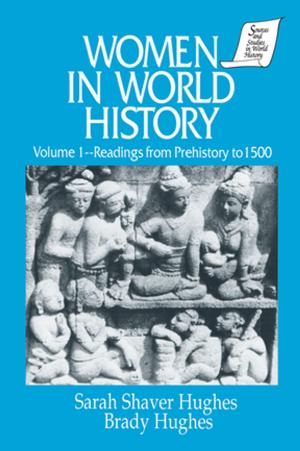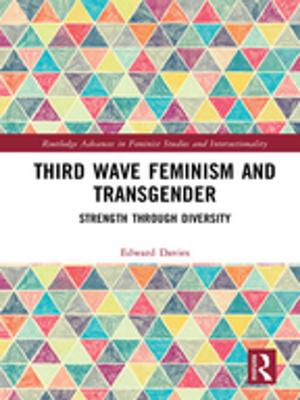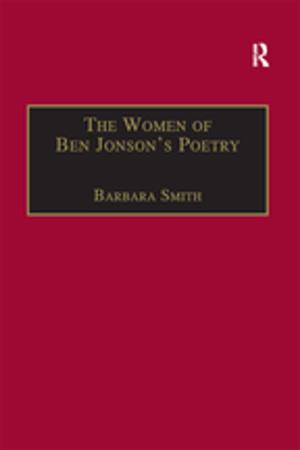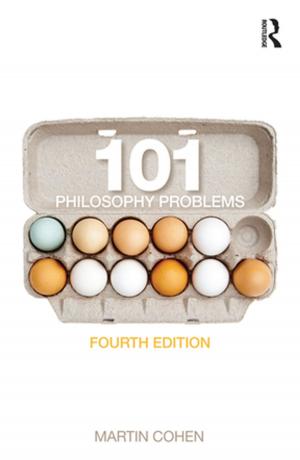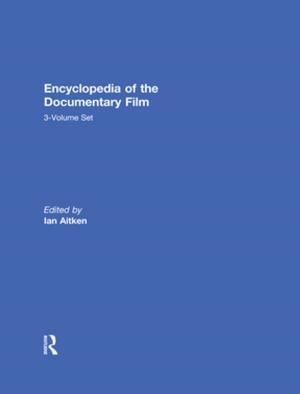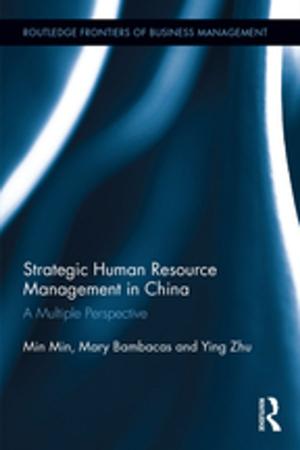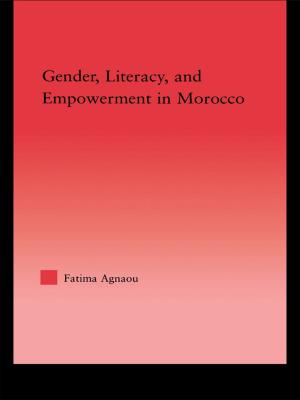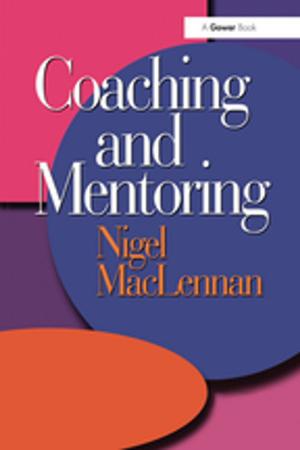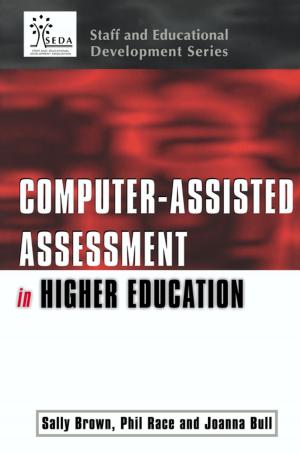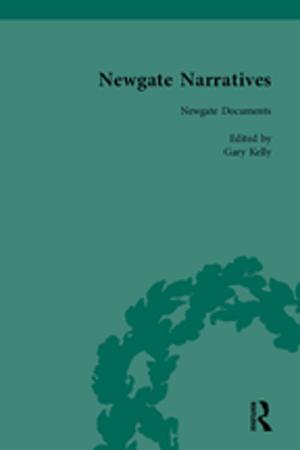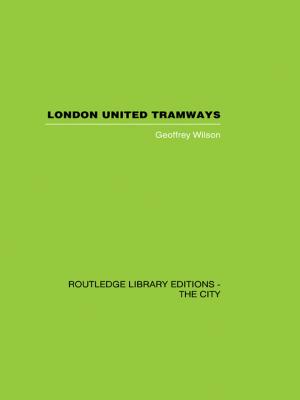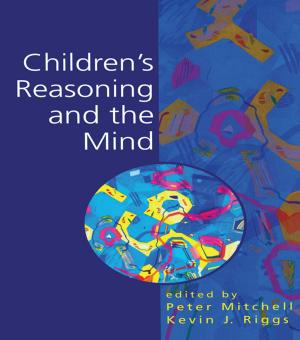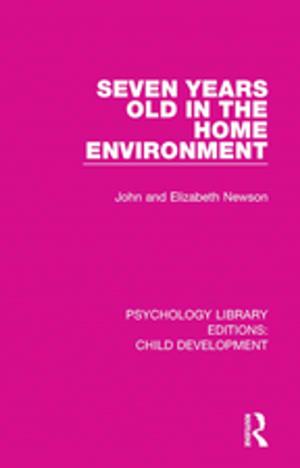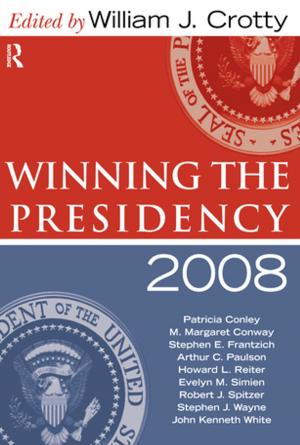The Holocaust
Memories, Research, Reference
Nonfiction, Reference & Language, Language Arts, Library & Information Services, Religion & Spirituality, Judaism| Author: | Linda S Katz | ISBN: | 9781317948711 |
| Publisher: | Taylor and Francis | Publication: | February 4, 2014 |
| Imprint: | Routledge | Language: | English |
| Author: | Linda S Katz |
| ISBN: | 9781317948711 |
| Publisher: | Taylor and Francis |
| Publication: | February 4, 2014 |
| Imprint: | Routledge |
| Language: | English |
Comprised of a wide breadth of scholarly materials and diverse articulations, The Holocaust: Memories, Research, Reference will help you guide others in Holocaust research and show you how you can avoid contributing to the popularization and trivialization of the Holocaust. You’ll find in it poems by the prolific American poet, Lyn Lifshin; an essay by Arnost Lustig; work by Roselle Chartock; commentary by Howard Israel on the controversial Pernkopf Atlas; writing on the historian’s role by Michael Marrus, a top Holocaust scholar; and views on linguistic distortions by Sanford Berman, the well-known cataloger. In addition, you’ll read about:
-
the U.S. Memorial Holocaust Museum
-
preparing a Holocaust unit for high school students
-
incorporating contemporary Holocaust articles into Holocaust study
-
Holocaust “webliographies”
-
comparative genocide studies and the future of Holocaust research
-
Holocaust denial literature
Holocaust reference work in its preferred form doesn’t substitute method, empiricism, and quantification for substance, emotion, and qualitative discussion. This form is captured and preserved for the benefit of future survivors and scholars in The Holocaust: Memories, Research, Reference. Informed by years of experience and suffering, it will take you and your library visitors to the heart of research and allow you to re-search the human heart.
Comprised of a wide breadth of scholarly materials and diverse articulations, The Holocaust: Memories, Research, Reference will help you guide others in Holocaust research and show you how you can avoid contributing to the popularization and trivialization of the Holocaust. You’ll find in it poems by the prolific American poet, Lyn Lifshin; an essay by Arnost Lustig; work by Roselle Chartock; commentary by Howard Israel on the controversial Pernkopf Atlas; writing on the historian’s role by Michael Marrus, a top Holocaust scholar; and views on linguistic distortions by Sanford Berman, the well-known cataloger. In addition, you’ll read about:
-
the U.S. Memorial Holocaust Museum
-
preparing a Holocaust unit for high school students
-
incorporating contemporary Holocaust articles into Holocaust study
-
Holocaust “webliographies”
-
comparative genocide studies and the future of Holocaust research
-
Holocaust denial literature
Holocaust reference work in its preferred form doesn’t substitute method, empiricism, and quantification for substance, emotion, and qualitative discussion. This form is captured and preserved for the benefit of future survivors and scholars in The Holocaust: Memories, Research, Reference. Informed by years of experience and suffering, it will take you and your library visitors to the heart of research and allow you to re-search the human heart.

